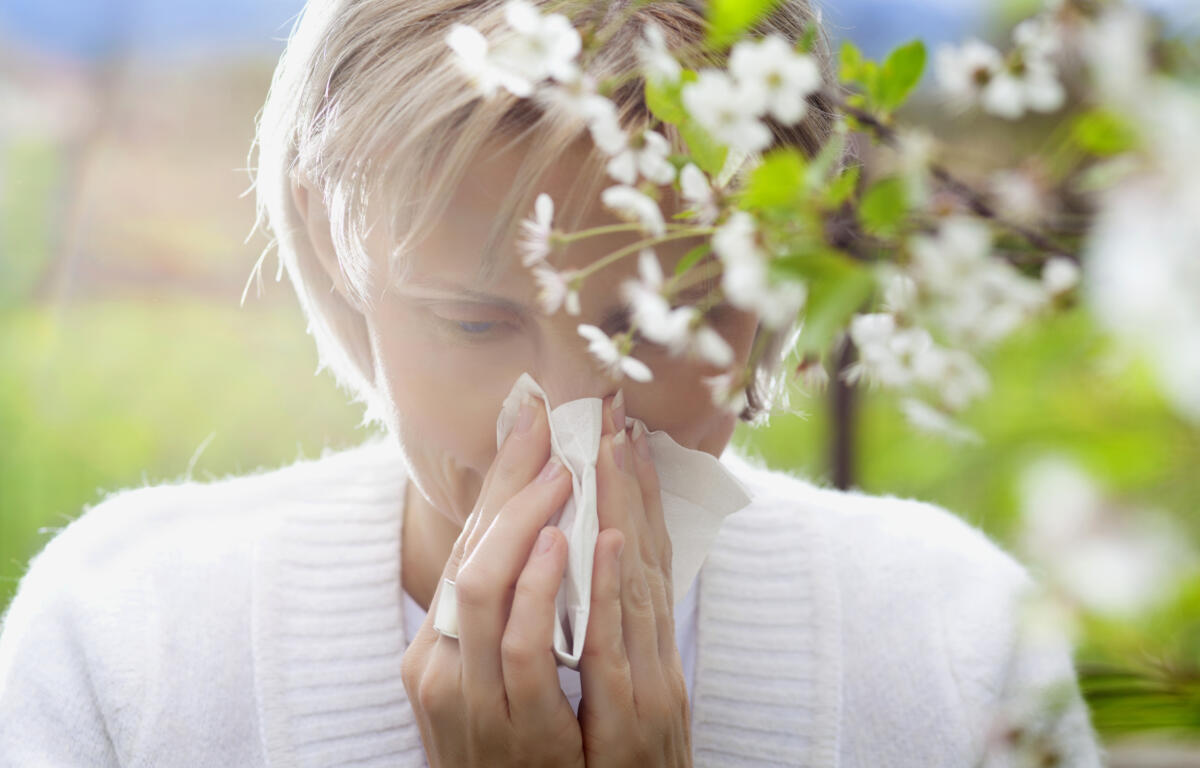MONADNOCK REGION, N.H. (MyKeeneNow) Spring is here—and while the trees are budding and the flowers are blooming, for many, it also brings something far less welcome: allergy season.
According to the Asthma and Allergy Foundation of America (AAFA), seasonal allergies are on the rise, now affecting about one in four adults and one in five children. If you feel like your symptoms are getting worse and lasting longer each year, you’re not imagining things.
A Lancet Planetary Health study reports that allergy season in the U.S. has lengthened by an average of 20 days since 2009. Meanwhile, Nature Communications found that pollen counts have surged more than 20 percent over the same period.
The main culprit? Pollen. Trees, grasses, and weeds release these tiny grains into the air to fertilize other plants. But when they enter the nose of someone allergic, they send the immune system into overdrive. Mistaking pollen for a threat, the body releases antibodies, which trigger the release of histamines — chemicals that cause the telltale runny nose, itchy eyes, and congestion familiar to allergy sufferers.
But you don’t have to surrender to the season. While over-the-counter antihistamines can help, there are natural ways to manage symptoms, too.
Rebecca Montrone, a holistic health practitioner at Wondrous Roots in Keene, recommends quercetin, calling it “nature’s antihistamine.” This powerful plant flavonoid, found in apples, berries, onions, and capers, helps reduce histamine release and calm allergic reactions.
For tougher symptoms like nasal swelling, mucus buildup, and sinus congestion, Montrone suggests bromelain, a natural enzyme with anti-inflammatory benefits. “Quercetin and bromelain are like a botanical Batman and Robin,” she says. “Quercetin stabilizes, while bromelain clears the path.”
To stay ahead of your allergies, track daily pollen counts using weather apps or online sources. Pollen levels tend to spike in the morning and peak in the afternoon. Counts below 50 are considered low, but anything nearing 1,000 is high.
When pollen levels drop, enjoy outdoor activities — but take steps to keep allergens from following you inside. Once home, remove your shoes, shower, wash your hair, and change clothes. Skip outdoor clotheslines, which collect pollen, and opt for indoor drying instead.
Outdoors, wear sunglasses, a hat, or a mask to reduce exposure. Inside, keep windows closed during midday peaks, ask visitors to remove their shoes, and clean bedding and fabrics weekly. Air filters with certified HEPA or allergy-and-asthma ratings can also help.
Allergic reactions vary widely, from mild irritation to severe emergencies like anaphylaxis. While there’s no cure for allergies, treatments can ease your symptoms. Over-the-counter remedies often work, but if symptoms persist or worsen, consult your doctor. Seek immediate care if you experience swelling of the lips, nose, or throat, or have difficulty breathing.
There’s no need to suffer through spring and summer. With the right precautions, you can enjoy the season — and remember, your tolerance to allergens can change from year to year.




